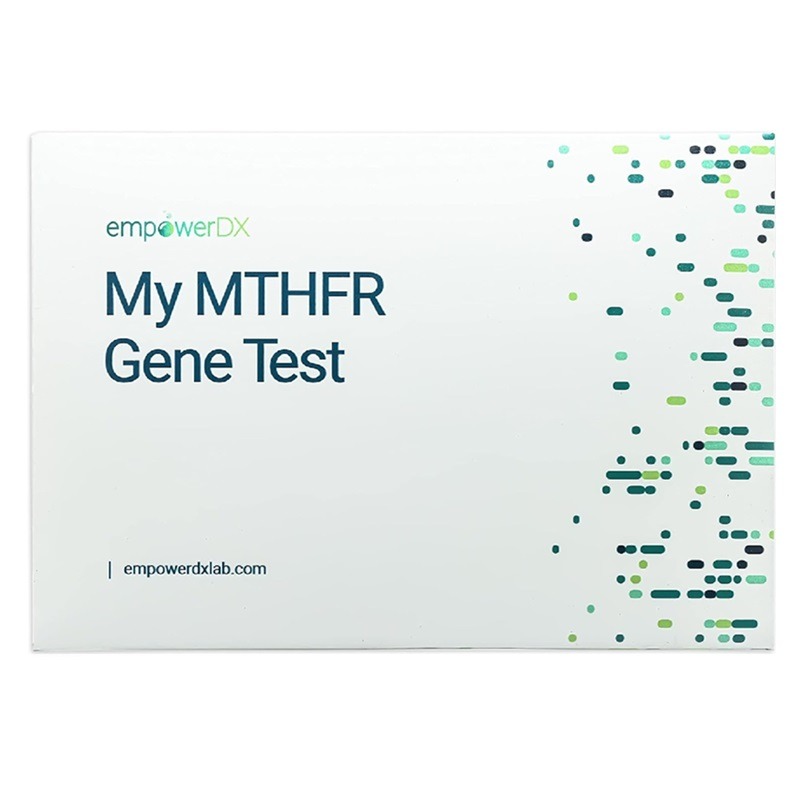Autism spectrum disorder is mostly genetic, with genes being the major contributing factor. Recent studies have identified over 100 genes that contribute to the condition. However, genetic tests alone cannot diagnose autism because it is genetically complex and influenced by many genes and environmental factors.
Doctors currently diagnose autism spectrum disorder by observing childhood behaviour and by considering family history. Still, genetic testing for autism has many benefits. It provides confirmation of the diagnosis, and information on other health conditions closely linked to autism-risk gene variants. For example, certain autism-risk gene variants can cause epilepsy, kidney problems, or obesity.
Symptoms you might notice:
- Impaired ability to form peer relationships: difficulty in establishing relations with others in peer social groups that may manifest in phenomena such as not being able to start conversations, understand social cues, or discuss shared interests.
- Restrictive behaviour: unusual limitation to a few interests and activities.
- Inflexible adherence to routines: the need to adhere strictly to repetitive routines or patterns of behaviour.
- Abnormal repetitive mannerisms: use of the same unusual action in response to certain triggers or at random.
- Abnormal nonverbal communicative behaviour: abnormalities in eye contact, communicative facial expressions, gesture use, or the use of others’ bodies to communicate and convey shared meanings within a culture that replaces or supplements verbal communication.
- Delayed speech and language development: language development that is significantly below the norm for a child of a specified age.
- Lack of spontaneous play.
Four types of genetic tests are available.
- Karyotyping is the oldest method of genetic screening. It involves inspecting chromosomes under a microscope to look for missing or extra chromosomal segments. This test detects large changes to chromosomes linked to autism spectrum disorder. It finds autism mutations in 3% of autistic people.
- Chromosomal microarray analysis looks for missing or extra chromosomal segments, moderately sized, that karyotyping cannot detect. It finds the genetic cause of autism spectrum in approximately 10% of autistic people. It is now covered under the Medicare Benefits Scheme (MBS) in Australia.
- Single gene sequencing detects small duplications, deletions, and point mutations in particular genes associated with autism. Some commercial tests already sequence a set of autism-related genes, but they may not include all the genes currently linked to autism because of the fast pace of research. It is important to note that approximately 14% of autistic individuals have mutations in three specific genes that cause syndromes: fragile X syndrome (FMR1 gene), Rett syndrome (MECP2 gene), and PTEN syndrome (PTEN gene). Therefore, it is valuable to examine point mutations in these three genes if other symptoms of the syndromes are present.
- Whole exome sequencing provides the most comprehensive analysis. This method examines the coding regions of all genes (which make up ~1% of the human genome) and can identify a wider range of genetic mutations, potentially including previously unlinked mutations. Exome sequencing reveals mutations in approximately 8% of autistic persons. However, this method is expensive, resource-intense, and not covered by insurance.
Where can I order genetic testing for autism?
A gene controlling methylation is associated with autism.
A dozen studies have shown that the C677T variant of the MTHFR gene, probably through its role in DNA methylation, increases your risk of autism spectrum disorder. A recent meta-analysis of 1,978 cases and 7,257 controls calculated the odds ratio to be ~1.5. This means, if you have the C677T variant, your chances of developing autism spectrum disorder are 1.5 times (or 50%) greater, on top of your current risk. If you already suspect you are at high risk for autism, it is worth considering whether you have the MTHFR C677T variant.
These are the products we suggest:
This genetic test for the MTHFR C677T variant is our top choice for at-home testing. It has stringent quality standards and provides precise results. To take the test, simply fast for half an hour, swab your mouth, and send the sample. Your results will be available online within 6 business days after the lab receives your sample.
EmpowerDX MTHFR Gene Test
This at home genetic methylation test determines if you have a 677 variant and 1298 variant of the MTHFR gene. MTHFR variants are associated with autism, mental health issues, depressed […]
It is important to remember:
- Not everyone wants or needs genetic testing for autism.
- To reduce wait times, individuals can opt to order genetic tests in parallel with a referral to a paediatrician.
- A genetic test can’t diagnose autism, but it can support a diagnosis.
- Negative genetic test results don’t rule out autism-causing mutations: the genetic test may not detect a specific mutation or its link to autism may still be unknown.





